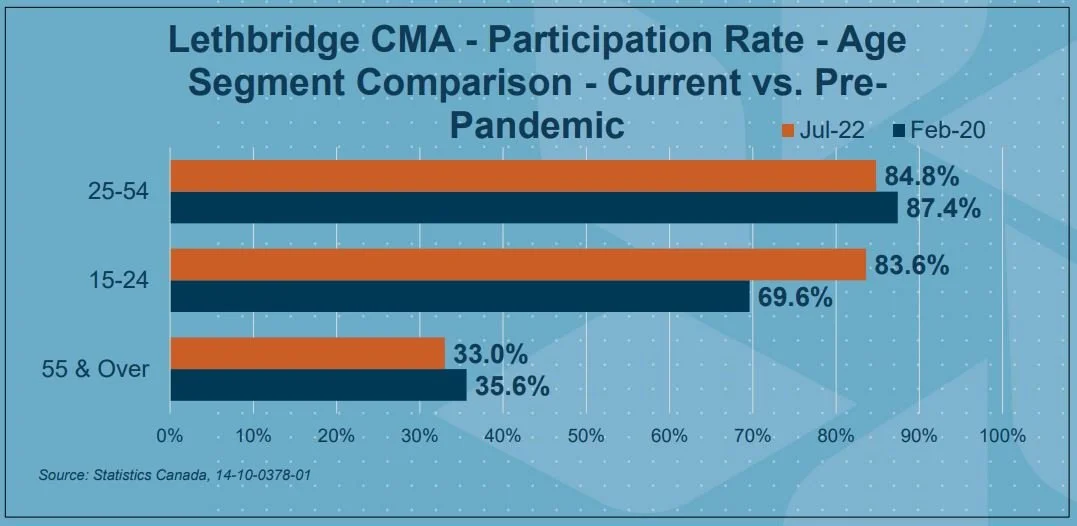Dignity in Work
For many, work is a drudgery, a stressor, a means to an end. However, at our core, people are wired to work and we have a need to be productive. This can be hard to identify with if you have not found a job that is meaningful or enjoyable to you. At the same time, we are bombarded with messages that tell us the good life is full of leisure and the pursuit of pleasure is the ultimate goal. But when we find something, a job, a volunteer activity or even work within our home and family, that gives us a sense of being depended upon – our sense of duty naturally trumps our desire to relax.
The term work ethic is often synonymous with being a hard worker, however, a Google definition states that it is “the principle that hard work is intrinsically virtuous or worthy of reward.” There is virtue in our ability to work, to help, to achieve, or to create, which leads to self respect and personal fulfillment. The variety of jobs out there speaks to the variety of needs to be filled to keep our society running and benefit the lives of countless others. Not the “prestige” of your position, but your ability and willingness to do your job well gives you dignity and is rewarding. Meaningful work is most often found in the knowledge that you are helping others and providing a needed service. The pursuit of money and success is not a sustainable or healthy motivation.
There has been a shift at a societal level, since the Covid pandemic it seems, to have more work-life balance. It is important to have healthy boundaries and acknowledge there is more to life than the job you are paid to do. If an employee communicates with you, or better yet, you as a manger seek out their feedback, that they are feeling overwhelmed, burnt out, or have some needs to address, pay attention and make adjustments as possible to accommodate their requests for help, changes to duties or working conditions. As a manger, your employees need to feel respected and trusted in order to have dignity in their work. According to the Harvard Business Review, “Showing trust, granting autonomy, and recognizing the value of individual contributions all build employees’ sense of ownership of their work and pride in performing it.”
The younger generations, namely Millennials, who are by now adults between the ages of 27-42 and make up a large proportion of the work force, have been given a bad rap as having a poor work ethic. However, this is a mischaracterization or too broad a stereotype considering what is playing out. As seen in this chart from Economic Development Lethbridge, younger workers are participating at elevated levels and are boosting the overall participation rate.
It is even more hopeful to consider the up and coming work force of Gen Z (presently age 11-26). These generations have different values and want more work-life balance, work that is meaningful and work that creates beauty, order and abundance. They are technological and connected, eager to make change and hopeful. The older and younger generations could have a mutually beneficial relationship when the older can provide mentorship and the younger give insight in areas they are more knowledgeable.
By viewing work from the perspective of it being meaningful, worthy of our time, effort and passion, and contributing to the greater good, we can have a more positive outlook and mindset. By taking this attitude to our workplaces, it will benefit our employers and employees, customers and clients. When we pass this mentality on to our children, they can learn to be excited about work, pursue how they want to make an impact and become the leaders and change makers of the future.


